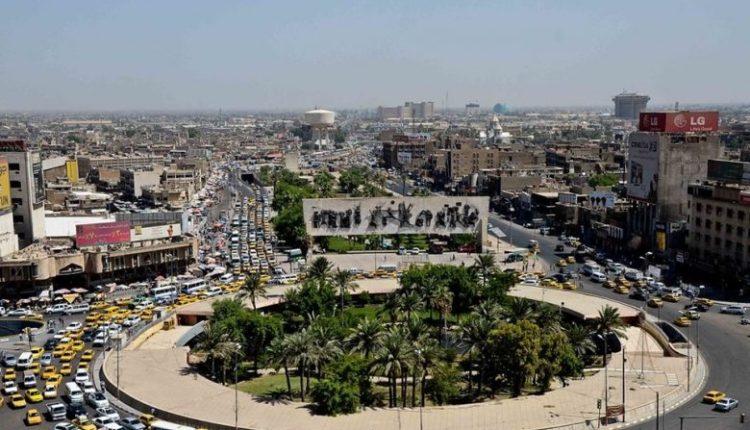Iraq Denies Granting Residency to Former Syrian Regime Officers
By Kardo Roj
BAGHDAD, Iraq (North Press) – The Iraqi government has denied reports that it has granted temporary residency to former officers and commanders of the fallen Syrian regime, following claims circulating on social media and in some media outlets.
In a statement issued Tuesday, Brigadier General Muqdad Miri, spokesperson for Iraq’s Interior Ministry, refuted the allegations, emphasizing that no such measure had been taken.
“Some social media platforms have reported that the Iraqi government has granted temporary residency on humanitarian grounds to dozens of officers and military commanders from the former Syrian regime who sought refuge in Iraq on December 7 and 8,” Miri said, as quoted by the Iraqi News Agency.
“We categorically deny these claims and stress the importance of obtaining information only from official sources, avoiding the spread of misleading rumors,” he added.
No Residency Granted, Official Confirms
The official statement emphasized that Iraq’s Interior Ministry has not granted residency or taken any measures to accommodate former Syrian regime officials, despite claims suggesting otherwise.
The denial comes amid heightened speculation regarding the fate of high-ranking figures from Bashar al-Assad’s deposed government, many of whom have reportedly fled Syria since the regime’s collapse in December 2024. While some are believed to be in neighboring countries, including Lebanon, Jordan, and Iraq, official policies toward their presence remain unclear.
Regional Concerns and Security Implications
Following the downfall of Assad’s government, concerns have grown over the movement of former regime figures across the region. Reports have surfaced suggesting that some may seek asylum or protection in allied states, raising security and political questions.
Iraq, which shares a long and porous border with Syria, has been a key regional player in managing post-Assad dynamics, particularly concerning refugee movements, security cooperation, and counterterrorism efforts. The country has also faced pressure from international actors regarding its stance on former Syrian officials.
Observers note that Iraq’s strong denial could be aimed at preventing diplomatic tensions with Syria’s new leadership or reassuring international partners that Baghdad is not providing sanctuary to individuals linked to the former regime.
Despite Iraq’s official position, the fate of many former Syrian officers remains uncertain, with some reports suggesting that certain figures have gone into hiding or sought protection under tribal or informal networks.
As Syria navigates its political transition, regional governments will likely continue to grapple with the consequences of Assad’s downfall, including security risks, legal accountability for former officials, and the broader geopolitical impact.

